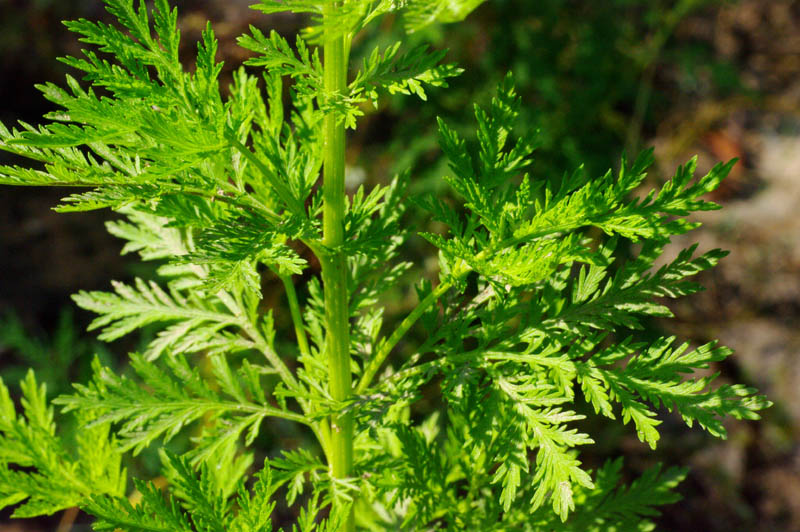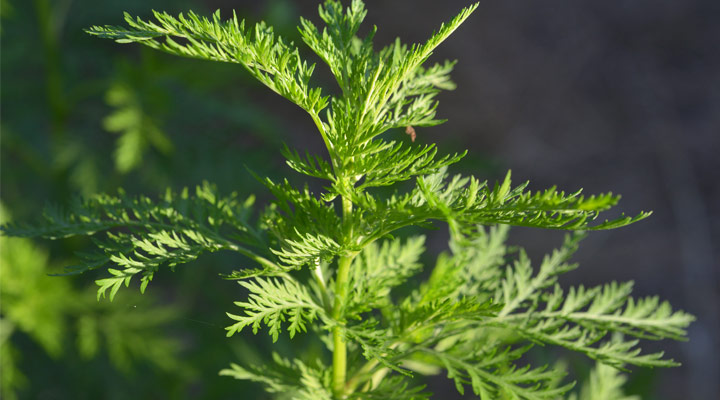Barbarossa
Member
- Joined
- Dec 27, 2018
- Messages
- 82
Hey Guys,
I am taking Milk thistle since 3 weeks against pituitary tumor aka Cushings Disease and
it doesn’t work anymore against my symptoms(anxiety, more relaxed, blood pressure, weight loss) for a few days.
I take 1500 mg per day.
Could be this a sign of adaptation of my body or tolerance against it?
Could I try a higher dosage? Studies show a 1500 mg dosage for humane but I don’t know if I can go higher..
I really need help…
I am taking Milk thistle since 3 weeks against pituitary tumor aka Cushings Disease and
it doesn’t work anymore against my symptoms(anxiety, more relaxed, blood pressure, weight loss) for a few days.
I take 1500 mg per day.
Could be this a sign of adaptation of my body or tolerance against it?
Could I try a higher dosage? Studies show a 1500 mg dosage for humane but I don’t know if I can go higher..
I really need help…



